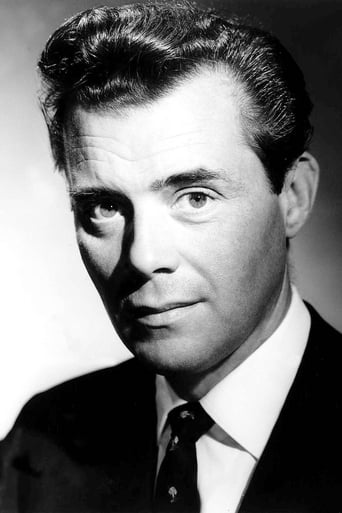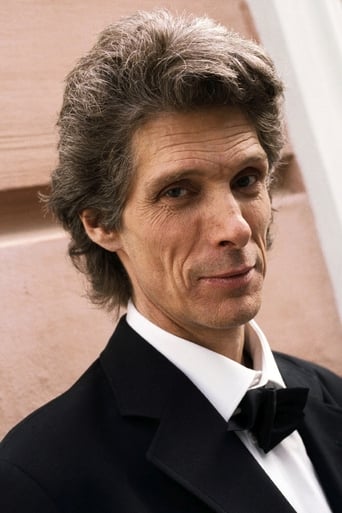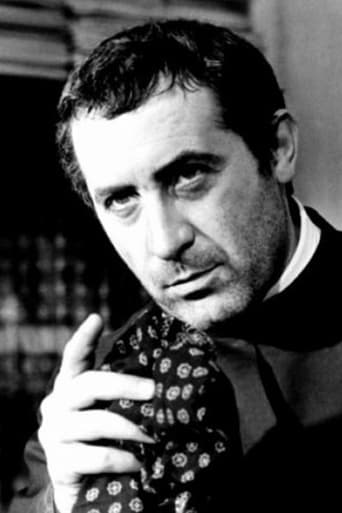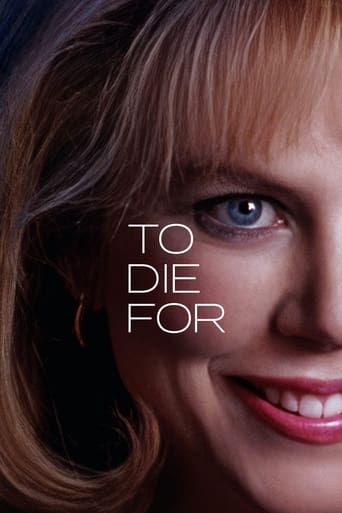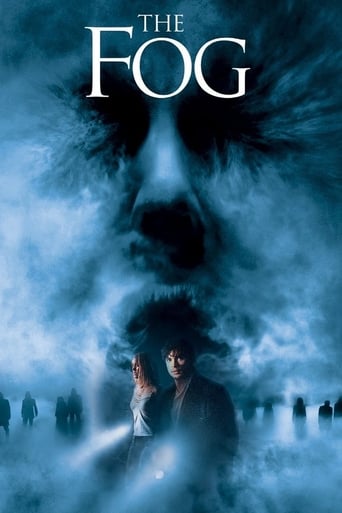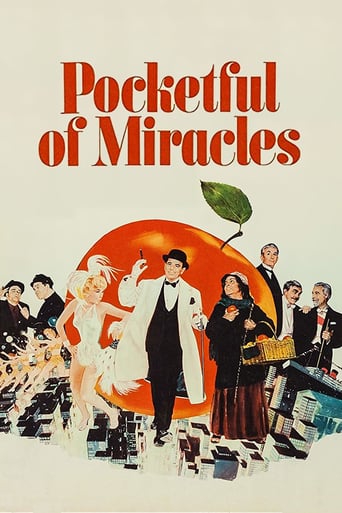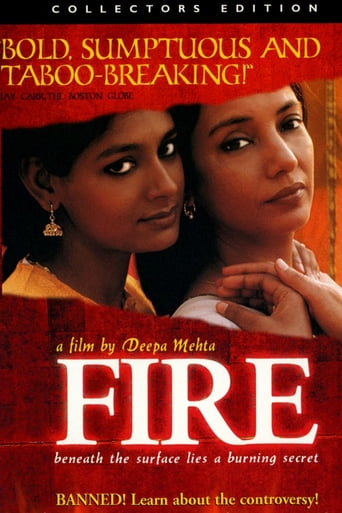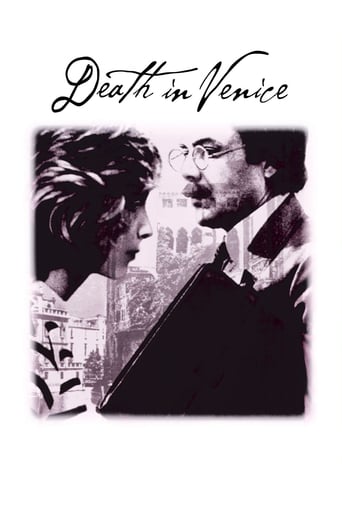
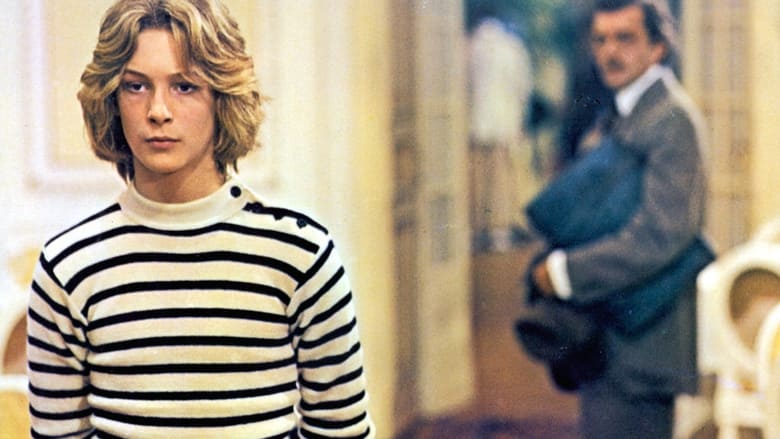
Death in Venice (2018)
Composer Gustav von Aschenbach travels to Venice for health reasons. There, he becomes obsessed with the stunning beauty of an adolescent Polish boy named Tadzio who is staying with his family at the same Grand Hôtel des Bains on the Lido as Aschenbach.
Watch Trailer
Cast
Similar titles
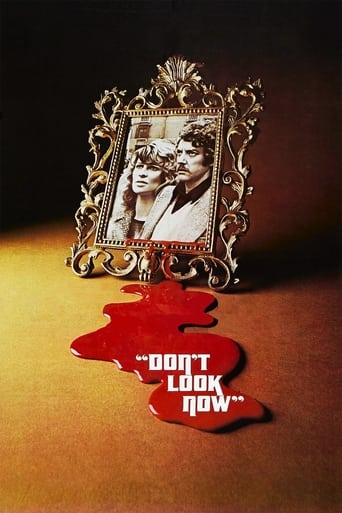
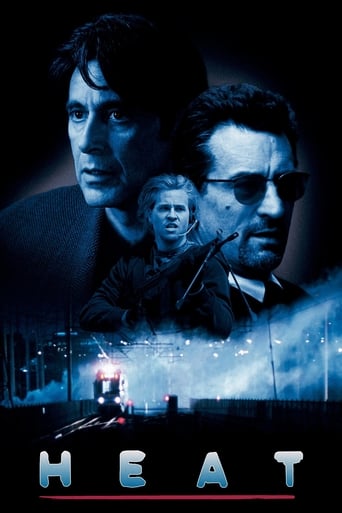
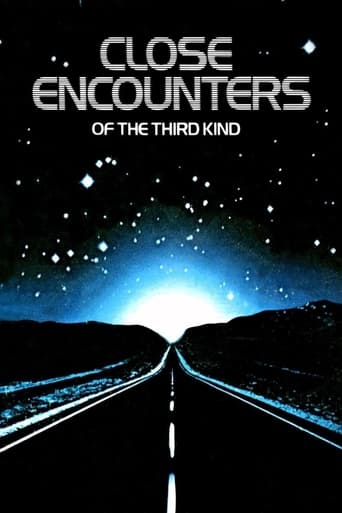

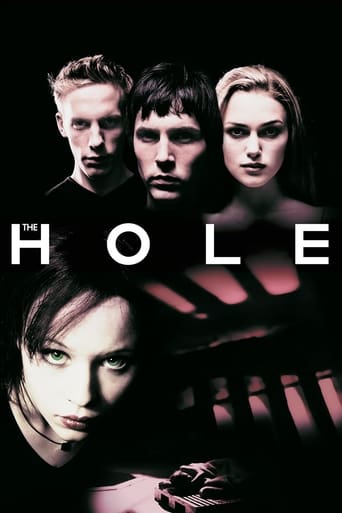
Reviews
Sadly Over-hyped
Best movie ever!
The first must-see film of the year.
Exactly the movie you think it is, but not the movie you want it to be.
So many good reviews. The film is excellent the book also. It is mostly a tragic gay love infatuation story. The people who go into beauty--ascetics--death perfection of art on and on (and the movie does present the story this way) are missing the real story.The real story comes out better in the book = a late middle aged man (Dirk Bogarde is too young and handsome for the role) becomes infatuated with a 15 year old boy. Possibly the first such awakening of his homosexual id--in 1913 it was still punishable with prison.In Mann's book Aschenbach was an author (it is widely believed Mann had Gustav Mahler in mind). In any case Aschenbach has had lots of losses in life and recent failures in his career and is suffering from a near mental breakdown. Now comes the ultimate degradation of his persona as he becomes infatuated with Tadzio. Mann was no stranger to psychoanalysis so there was clearly a carnal interest as well.The movie miscasts Tadzio--Bjorn Andreson is too lithesome and feminine and frankly not sexy enough for the role. A dramatically better movie would have cast him better--everything would be much more understandable then. Most of all he needed to be much more masculine.So....Aschenbach sinks lower and lower--dyeing his hair and using make up to attract the boy. The movie is pretty clear about the sexual nature of all this--but has lots of flash backs feeding this cover up that it was all about art and ascetics beauty death blah blah blah. While it was mostly hormones.The costumes are wonderful...everything really well done...I could spend hours talking about symbolism e.g. Esmeralda the boat to Venice also the name of Aschenbach's first prostitute (sexual adventure)... That would be an effort and bore everybody. These things you appreciate as the movie unfolds and add depth and intelligence to the film no need to enumerate them (plus there are too many to count). The film is a jewel that way.Read the novella and buy Mahler's 5th. But you know the film is uniquely good as well. This is rare (a movie as good or better than the book).RECOMMEND HIGHLY
In this adaptation of the Thomas Mann novel, avant-garde composer Gustave Aschenbach (loosely based on Gustav Mahler) travels to a Venetian seaside resort in search of repose after a period of artistic and personal stress. But he finds no peace there, for he soon develops a troubling attraction to an adolescent boy, Tadzio, on vacation with his family.What strikes me about this film is the odd coloration. Some have said it makes the film look like a moving painting. I can see that, but I also think it looks muted. A step up from Technicolor, but a far cry from other methods. I wish I knew more about cinematography so I could express the thought more clearly.There is a bit of a scandalous subplot, as it suggests pedophilia or something similar. Strange how many films (or books) have heroes (or protagonists) afflicted with this. What are we to make of them? Are they evil or just flawed? The cholera epidemic plays a major part in the story, and it is interesting that the film seems to be known less for that than the "romance" angle. Not many films have cholera in them, which seems odd considering its deadliness. Everyone in old movies seems to die from tuberculosis!
You haven't seen slow until you have seen this film. And I thought Barry Lyndon was slow. This film makes Barry Lyndon look like a runaway train. And since Mann's book was actually a novella this film is probably longer than the book it is so drawn out. But it is riveting in its own way. Visconti is never dull that's for sure. And his films are always visually stimulating. His eye for detail is unmatched, although he did overlook a couple of TV antennas in one scene, but I doubt anyone would have noticed them. Dirk Bogarde is as always absolutely wonderful and clearly exhibits what makes a star and it's making things happen without lifting a finger. He is in virtually every scene and the scenes are very long so he's on camera forever yet he manages to keep your interest because he is so interesting. The film is really about him and he does carry it brilliantly. But the original story is just too abstract for a film and they should have never made it.
Thomas Mann's novella "Death in Venice", published in 1912, was one of the earliest mainstream literary works of to deal with the subject of homo-erotic desire. Gustav von Aschenbach, a famous German author, travels to Venice, where he meets and becomes obsessed with Tadzio, a beautiful teenage boy whose Polish family are staying in the same hotel. Aschenbach discovers that cholera has broken out in the city but that the authorities, fearful of losing income from tourism, are trying to keep the outbreak a secret. Despite this discovery, Aschenbach neither leaves the city nor warns his fellow-guests, as either course of action would mean his being separated from Tadzio, with whom he has fallen in love.Mann was himself bisexual, and the story is based upon his own experiences while visiting Venice the previous year, when he had also been fascinated by a handsome young Polish boy. The depiction of Aschenbach also draws upon Mann's memories of the composer Gustav Mahler, whom he had known and who had died in 1910; he shares the same first name and Mann's description of his physical appearance would also have fitted Mahler. This may be the reason why, for the purposes of this film, Luchino Visconti made Aschenbach a composer rather than an author and made use of Mahler's music; the famous Adagietto from his Fifth Symphony is passed off as a composition by Aschenbach. Visconti made other changes to the story to strengthen the identification with Mahler. In the book Aschenbach is a childless widower whose wife died many years earlier and who has never remarried. In the film Aschenbach's wife is shown in flashbacks and although she does not accompany him to Venice there is no indication that she has died. (Mahler's wife Alma did not predecease him- indeed, she survived him by more than fifty years). They are, however, shown mourning the death of a young daughter, just as Gustav and Alma Mahler lost a daughter some three years before his death. I first saw this film in the late seventies, a few years after it was made, when I was a teenager studying Mann's book for my German A-Levels. I remember being impressed by it at the time, but then I was a very impressionable young man and probably thought that any art-house film based on a work of classical literature, shot against the background of a famously beautiful city with plenty of classical music on the soundtrack must be a great classic of the cinema, especially if (a) it deals with a controversial subject and (b) nothing much happens except long conversations about Art and the Meaning of Life. Since then my admiration for Mann's novella, a book with a well-deserved reputation as one of the major works of twentieth-century German literature, has grown, whereas my regard for Visconti's film has decreased. Mine is not the normal complaint of the "loved the book, hated the film" brigade, namely that the film-makers have altered the story too radically. Apart from the few changes to Aschenbach's circumstances mentioned above, and the omission of the opening scenes set in Munich, Visconti has kept fairly faithfully to Mann's plot. There are, however, some works of literature which do not lend themselves to a cinematic treatment, and "Death in Venice" seems to be one of them. There are some good things about the film. The photography of Venice is certainly beautiful, reminiscent of some of Turner's paintings of the city and rivalling that in "Don't Look Now", another film from the early seventies set in the same location. Dirk Bogarde was normally a talented actor and the young Björn Andrésen, with his prettier-than-any-girl beauty, certainly looks the part as Tadzio. (Andrésen, who is heterosexual, became something of a gay icon following this role, causing him some embarrassment). The Adagietto is certainly a beautiful piece of music, although I sometimes wonder if its association with this film has done Mahler's long-term reputation any good, leading people to associate him with decadence and morbidity. The problem with the film is that its good looks are all on the surface. Mann's novella contains little in the way of action and not much in the way of dialogue; the two main characters, Aschenbach and Tadzio, never exchange a single word. Its significance lies beneath the surface, on the psychological and philosophical levels. On the personal level it is a character-study of a man who has striven to live an ascetic life, governed by discipline, restraint and reason, but who finds his world- view shattered by the sudden realisation of his own powerful sexual desires for a boy. On the philosophical level it is an examination of two contrasting attitudes to life, the Apollonian life of reason and the Dionysian life of passion, a concept derived from Mann's study of the philosopher Nietzsche. Visconti, who was an intelligent man, doubtless understood the complexities of Mann's work, but it is these very complexities which make it difficult to adapt for the screen. The contrast between Apollonianism and Dionysianism is not a naturally cinematic subject, and the complicated inner life of an intellectual writer or musician, unaccompanied by some dramatic outward action, is equally difficult to dramatise. Visconti is never able to find a substitute for Mann's ideas. The lengthy debates between Aschenbach and a fellow-composer about musical aesthetics do not add much interest; they simply help to make a lengthy and tedious film even more so. The film may be beautiful, but it is also dull and long-winded, and in such a context its beauty becomes something excessively rich and cloying. In Mann's story Aschenbach dies after eating an overripe strawberry, and this becomes an appropriate image for an overblown film in which Dirk Bogarde appears to die of a surfeit of overripe beauty. Too much Venice, and too much Mahler, can be bad for your health. 5/10
